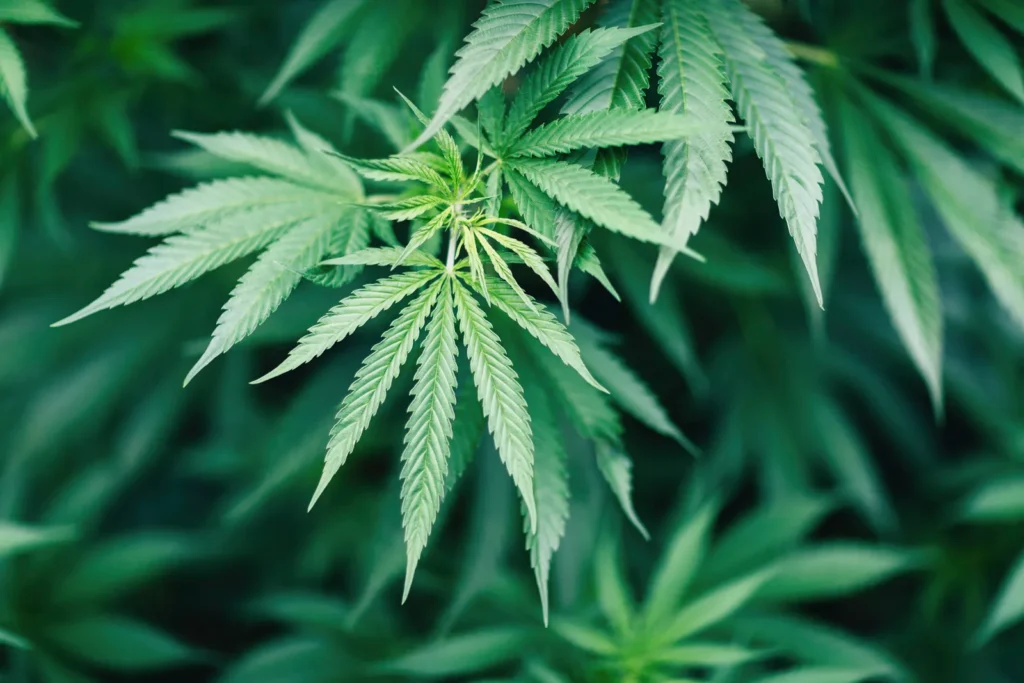Tennessee Governor Bill Lee has signed into law a bill that will impose sweeping restrictions on the state’s hemp-derived cannabinoid industry beginning in 2026.

The legislation, House Bill 1376, bans the production and sale of THCA products and other hemp-derived cannabinoids above 0.3% concentration unless they are Delta-9 THC. It also prohibits direct-to-consumer sales and transfers regulatory authority from the Department of Agriculture to the Tennessee Alcoholic Beverage Commission.
Under the new law, most provisions will take effect on January 1, 2026, with certain administrative elements implemented immediately. The legislation creates a strict regulatory framework that prohibits the sale of any hemp-derived product containing more than 0.1% THC—unless it is Delta-9 THC—if the product is meant to be ingested, inhaled, or absorbed through the skin. Delta-9 THC hemp products are capped at a 0.3% concentration.
The law also bans the sale of all hemp-derived cannabinoid products to anyone under 21, prohibits driving under the influence of such products, and requires that all items be stored in their original packaging. It restricts marketing and labeling that could appeal to minors, including the use of superheroes, cartoons, or mythical characters. The bill imposes new taxes on these products, including a $0.02 per milligram tax on cannabinoids, a $50 per ounce tax on flower, and a $4.40 per gallon tax on liquid products. Manufacturers of liquid cannabinoid products must pay a $300 annual brand fee. The law also establishes new licensure, product testing, and transportation requirements, placing full oversight and enforcement authority with the Tennessee Alcoholic Beverage Commission.
Despite these changes, marijuana remains fully illegal in Tennessee for both medical and recreational use. Hemp-derived products have been the only legal option, though that will now change dramatically with the new law.








